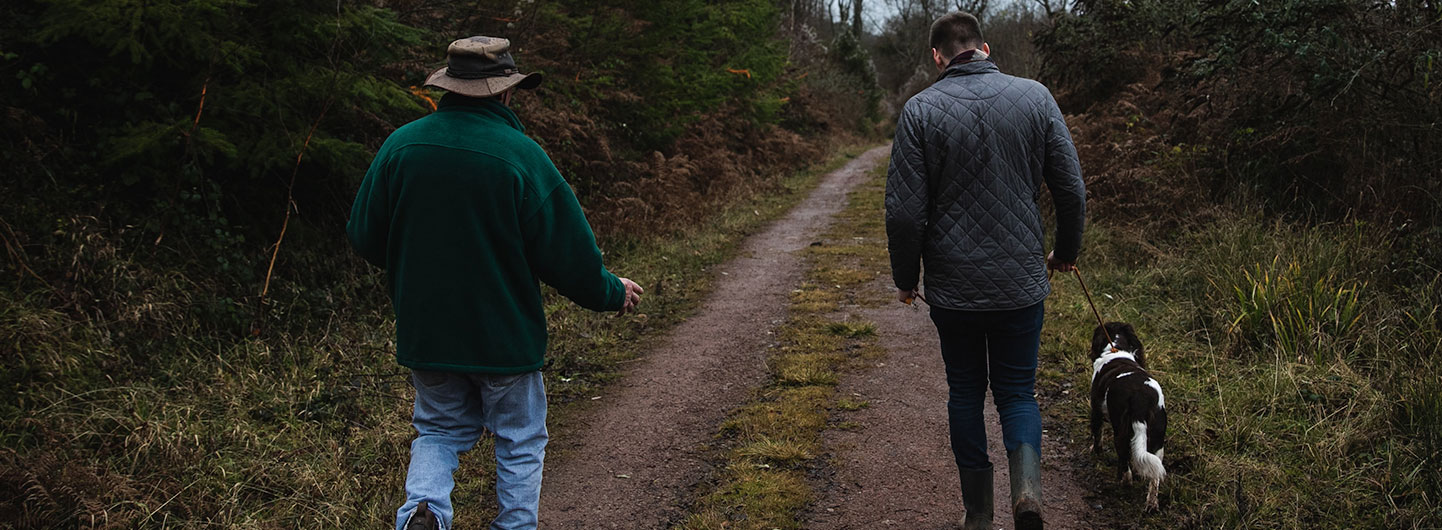Through COVID-19 lockdown, we saw and felt the desire and benefits of connecting with others.
We connected with our families, friends, neighbours, community, and work colleagues. We also felt the global connection with others worldwide who were, like us, navigating their way through a very challenging time. We shared, empathised, laughed, cried and Zoomed. Maybe we even erred on the side of over-Zooming as we sought a way to understand, validate and normalise what we were experiencing.
We might have noticed how good it felt to increase not only our connection with our work colleagues but also our street, neighbourhood, and community, like never before.
We made it a priority because it was important to us and understandably so.
Human beings are inherently social animals. We are built for connection not only for survival but also for thriving. Research has shown that social connections benefit your mental health by increasing feelings of belonging, purpose, increased levels of happiness, reduced levels of stress, improved self-worth and confidence.
Social connections also benefit our physical health, improve our quality of life and they can even help us live longer. A review of 148 studies (308,849 participants) indicated that the individuals with stronger social relationships lived longer, and this remained true across a number of factors, including age, sex, initial health status, and cause of death.
However, now, as our feelings of safety increase and we return to a new version of normal and working, our focus also understandably drifts back to daily routines and habits. This also includes who we regularly connect with.
We might be glad to see our workmates, we keep in touch with extended family but maybe not quite as often as we did when lockdown levels first decreased. We may see our neighbours but perhaps don’t take the time to say hello or check in on them quite so much.
While today the workplace is, for many of us, a key way we meet and connect with others, it is important to remember that it was only with the onset of the First Industrial Revolution and the resulting urbanisation that the workplace became our major connection hub. We increasingly moved away from our families and communities. So, let’s consider:
The response to COVID-19 has been a reminder that these other connections are also an important and integral part of our social networks – but they need nurturing:
- Take an intentional moment to talk to or seek out a neighbour, get to know them a little better.
- Find out what community-based gatherings are near you and participate in or initiate them.
- Take a step out your front door, look around. This is where you and yours live and you have an ongoing opportunity to improve everyone’s wellbeing by finding connection.
Let us continue to develop strong relationships in a variety of ways so we all benefit and flourish.
Let this be one of the positive reminders and learnings that we intentionally take forward from COVID-19. We connect naturally but we also need to connect intentionally.
Author: Dr Karen Jones



